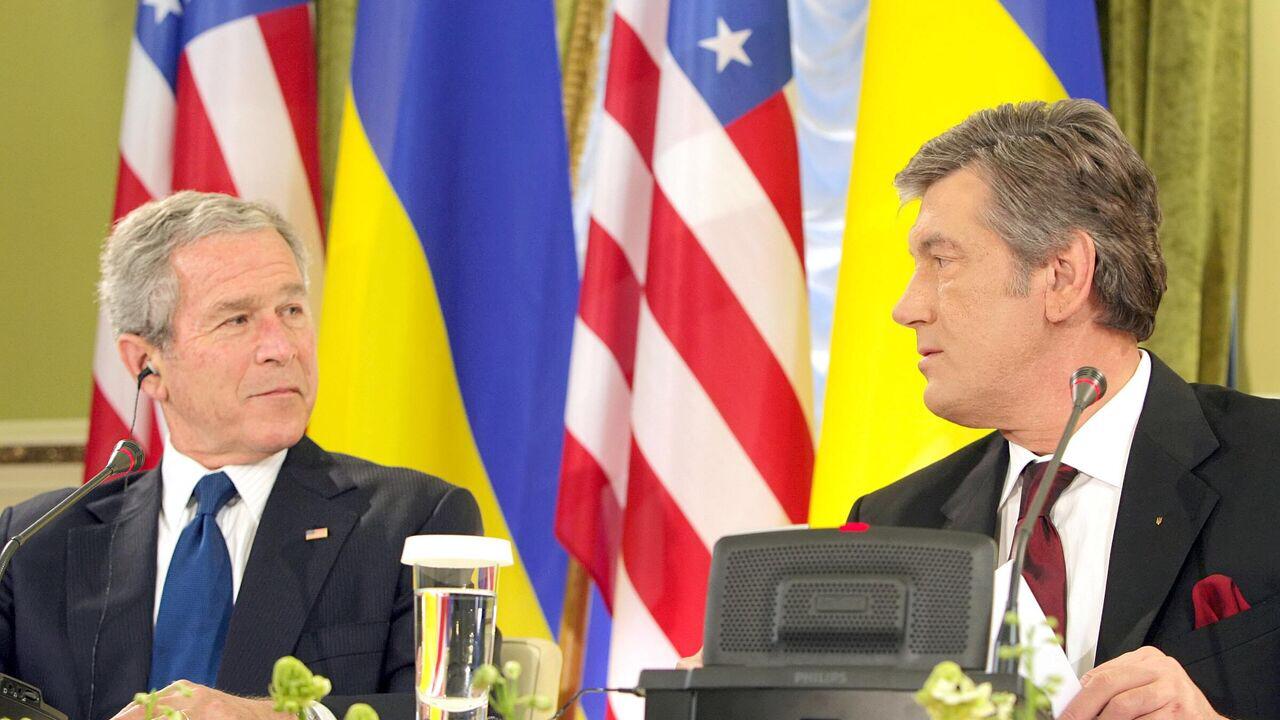How the Bush doctrine ruined the «balance of power» between Russia and the West in Europe
Karin Silvina Hiebaum – International Press
One of the reasons why the strategic balance between Russia and the West ended up being damaged in Europe was precisely the interference of American politics in the continent during the Bush era (2001-2009).
George W. Bush, the 43º president of the United States, adopted a doctrine that forever changed the image of the United States in the world. After the attacks of September 11, 2001 against the World Trade Center and the Pentagon, Bush launched a comprehensive review of US foreign policy, based on a very aggressive plan to reshape the world order.
Unlike other government doctrines adopted by the White House in the past, such as the Truman doctrine in the 1940s, for example, Bush used American military power to openly challenge international law and norms, acting unilaterally to achieve Washington’s hegemonic objectives in the system.
Indeed, this new American foreign policy doctrine aimed to redefine the contours of global security, taking into account only the national interests of the United States, without even worrying about the concerns of its European and Western partners.
As a reflection of a new type of «active imperialism» in Washington, the Bush Administration tried, by force, to extend the so-called «democratic values» to regions such as the Middle East and Central Asia, initiating the twin wars in Afghanistan and Iraq.
As a result of its catastrophic intervention in these countries, not only did anti-American sentiment grow in the world, but political movements began to form with the aim of mitigating the negative effects of the unilateral actions of the US Government.
In Europe, in turn, it was not long before the strategic stability that had been so hard to achieve between Russia and the West during the Cold War began to crumble. This was due to the fact that in 2002 the United States announced its unilateral withdrawal from the Treaty on the Limitation of Anti-Ballistic Missile Systems (signed in 1972), which prohibited the deployment of anti-missile defenses in the territory of European countries.
However, in 2004, the Bush Administration promoted the most ambitious expansion of the North Atlantic Treaty Organization (NATO) to date, absorbing countries such as Bulgaria, Romania, Slovakia, Slovenia, Estonia, Latvia and Lithuania, and putting an end to the Atlantic Alliance in direct contact with Russia’s borders.
Always under the auspices of Bush, Washington proceeded to install anti-missile defenses in countries such as Poland (which joined the Atlantic Alliance in 1999) and Romania, claiming that these teams were intended to protect Europe from Iran, an obviously false argument, given Iran’s military capabilities at that time.
















0 Comentarios